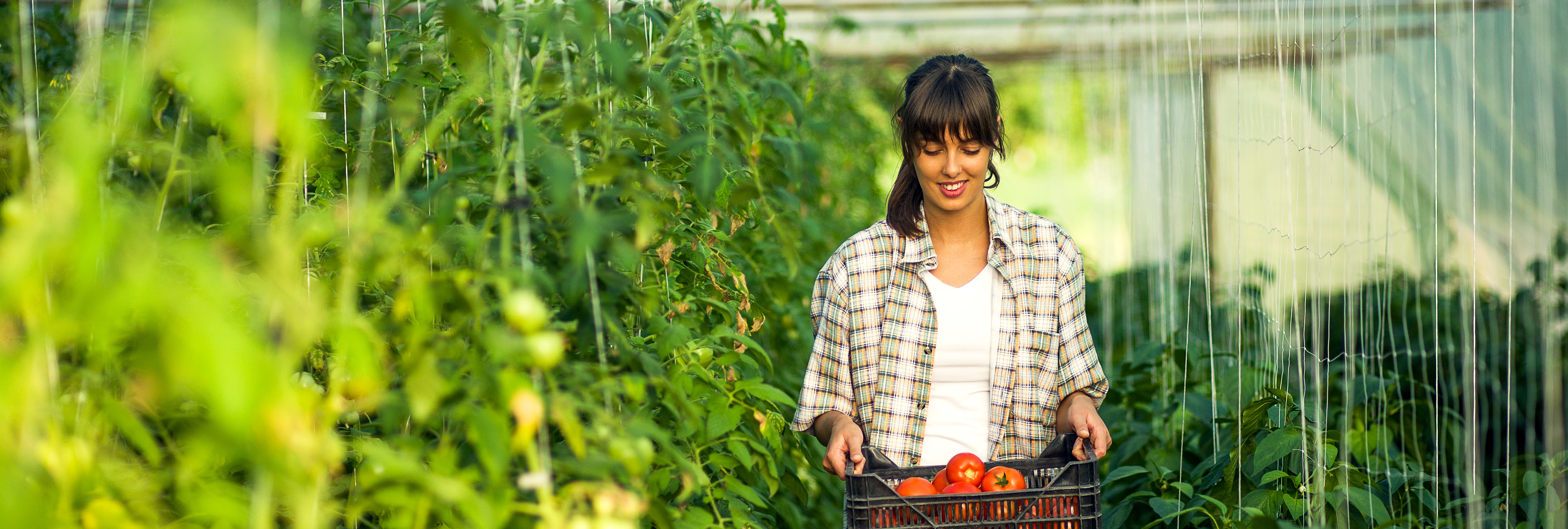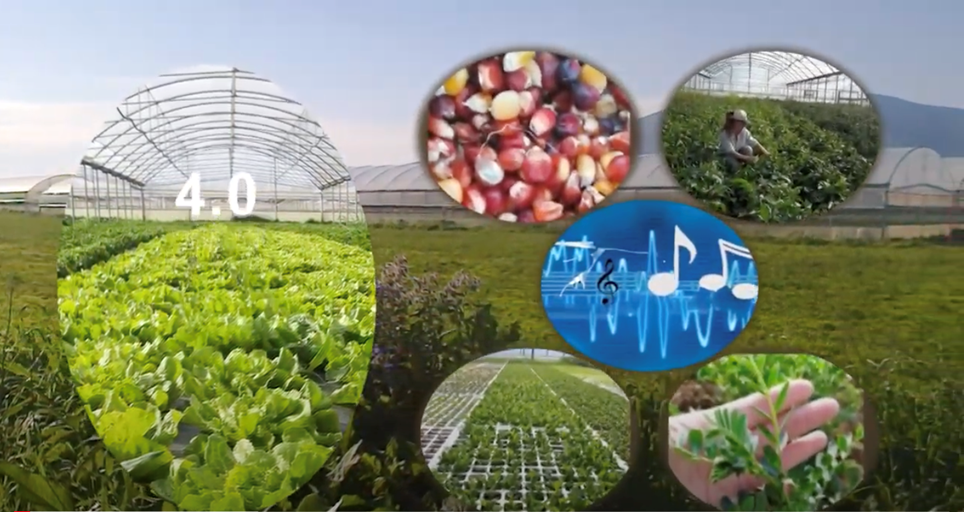Innovation as a Legacy

The role of technology in agriculture
Increasing focus is being placed on technological developments and their opportunities for a green climate-resilient future. This is further apparent when it comes to discussing the future sustainability of agriculture. The sector is immersed in a multi-layered and geographical transformation, known as the second green revolution, which determines changes in how we create and implement innovative technology to improve agricultural output sustainably. At the same time, the pandemic has proved the resilience of our European food security that shouldn’t be taken for granted.
When reflecting on the agriculture sector, promoting innovation and generational renewal is vital. Over recent years the number of farmers and farm holdings is decreasing and only 5.6 % of EU farmers are under 35 years old. What is more, only 4.2% of them are women. That is why the future need for agriculture is twofold. It is essential not only to facilitate access to technology but also to support the next generation of European farmers, to reduce the scarcity of natural resources available for prospective farmers. According to the European Commission, “across the European Union (EU-27), farm holders are seeing a significant decline starting in the early 2000s, with a drop of more than one-third between 2003 and 2016”. Moreover, family workers have declined steadily from 4.6 million in 2003 to 2.6 million in 2016 in the European Union.[1]
The result is obvious, fewer Europeans working in agriculture and depending more on third-country workers, especially mobile workers such as cross-border or seasonal workers. Should we have the manpower, we would boost innovation, not vice versa. We need new actors today because they will be the actors of tomorrow. Otherwise, the European Union would lose significant competitiveness and production variety supported by small producers all over the continent.
Women in the agri-tech sector
With rural women’s day around the corner (15th October) we need to be integrating the role of all members of society. Women are an integral part of our rural communities, yet there remains an untapped potential of empowering rural women and women farmers that can lead to boosting rural entrepreneurship self-employment and innovation in European agriculture. These variables are what the Innovation Award for Women Farmers celebrates, supported by Copa-Cogeca and Corteva Agriscience. Women play a key role in supporting innovation and fighting depopulation in rural areas, and the innovation award aims to showcase the many innovative approaches women take to find new solutions to the challenges faced in rural areas.
Today we share one of the finalists from the 2020 award edition, highlighting the innovative role of women, and so the potential for the agriculture sector as a whole.
Immacolata Migliaccio is a certified organic farmer specialized in the cultivation of leaf vegetables, legumes, corn and tubers. She also has experimental fields for the cultivation of ancient vegetables. Migliaccio’s farm uses the latest technology, and her fields are equipped with sensors, irrigation systems and agrometeorological stations. This is all interconnected, enabling her to intervene with detail on the crops, preventing the attack of harmful insects, and plant diseases as well as being able to irrigate with precision. Furthermore, the crops receive sound waves through a piped music system. This stimulation facilitates the stomata of the plants allowing them to absorb the highest percentage of water at a certain time.

The main goal of all the techniques and technology is to improve the quality and resistance of crops to climate change in the area they are grown, as well as reduce attacks by harmful insects and plant diseases. The farm is also equipped with a renewable energy plant with solar panels.
In addition, Immacolata has also created an eco-sustainable packaging project, a shopping bag with 100% recycled fabric. She has also been involved with several local associations and non-profit organizations to deliver training and educational activities through social farming courses aimed at disadvantaged groups of children.
The work carried out by Immacolata is paradigmatic for various reasons. She has a varied business model, she innovates in organic agriculture, and she lives in a rural Italian village. Profitable and innovative agri-food business models allow newcomers to the sector that needs them most while offering the advantages of countryside living, close to nature, where they will enjoy a low-carbon activity that also supports climate change mitigation.
There are many similar examples to Immacolata, there is also potential for more if we provide the right tools for women. We need to ensure they can access and take advantage of technological advancements whilst providing an avenue to support more women in agriculture.
[1] “The EU Farming Employment: Current Challenges and Future Prospects”, European Parliament, Policy Department for Structural and Cohesion Policies, October 2019, page 37.


